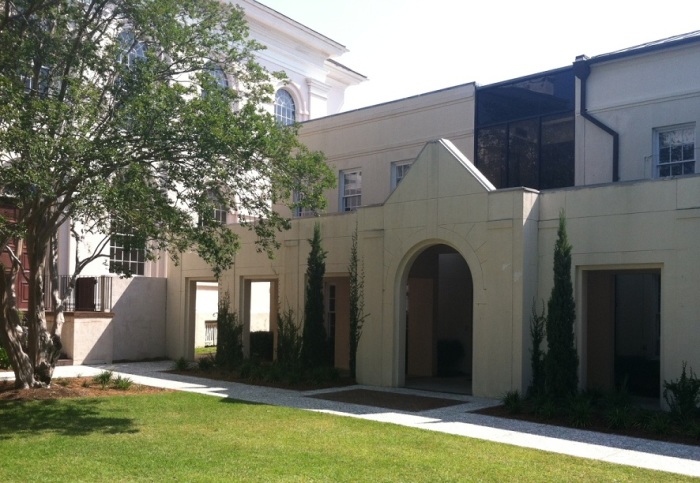Judge rules in favor of churches that left Episcopal Church, defies SC supreme court

A South Carolina judge tasked with enforcing a state supreme court ruling against a breakaway Episcopal diocese has issued a ruling that appears to contradict the high court’s decision.
In 2017, the state supreme court ruled that the $500 million worth of property of the Episcopal Diocese of South Carolina belonged to the national denomination rather than the dozens of parishes that broke away from the domination in 2012.
However, South Carolina Circuit Court Judge Edgar Dickson issued an order last Friday contending that each parish owned their properties because they were not held in trust by the Episcopal Church.
Dickson applied “neutral principles” to the case, arguing that property records determine ownership of a facility.
“This is a property matter, and the title holders are the owners of their property as set forth in their deeds. There is no clear, convincing evidence of an expressed or constructive trust applicable to any parish,” concluded Dickson.
“IT IS THEREFORE ORDERED that the thirty-six Plaintiff Parishes be, and hereby are, declared and affirmed as the title owners in fee simple absolute of their respective parish real properties, with improvements thereon and their accompanying personal property.”
Dickson cited the U.S. Supreme Court’s ruling from 1969 when it weighed a church property dispute between the Presbyterian Church of the United States and two Georgia churches that had withdrawn from the PCUS.
“The Georgia Supreme Court initially resolved the controversy by applying a theory of implied trust, whereby the property of a local church affiliated with a hierarchical church organization was deemed to be held in trust for the general church, provided the general church had not ‘substantially abandoned’ the tenets of faith and practice as they existed at the time of affiliation,” Dickson wrote.
“However, the Supreme Court of the United States reversed, holding that Georgia courts would have to find some other way of resolving church property disputes that did not draw the state courts into religious controversies.”
Dickson stressed that the U.S. Supreme Court “did not specify what that method should be, although it noted in passing that ‘there are neutral principles of law, developed for use in all property disputes, which can be applied without ‘establishing’ churches to which property is awarded.”
Diocesan Chancellor Thomas S. Tisdale Jr. expressed disappointment in the ruling but was also optimistic that the state high court may intervene against the new order.
“This is not a final decision; it is yet another step on a long journey to full reconciliation within our Diocese,” Tisdale said in a statement.
“While we are understandably disappointed that Judge Dickson has not enforced the Supreme Court’s decision as directed, we are hopeful that the South Carolina Supreme Court will hear the matter promptly and correct any errors that exist in today’s order.”
Bishop Mark Lawrence, head of the breakaway group, known as the Anglican Diocese of South Carolina, praised the ruling.
“We give thanks for this ruling. It is a day to rejoice. It is a day to move forward in Christ’s mission to the world. Thanks be to God,” said Lawrence in a statement.
In November 2012, the majority of the members of the South Carolina diocese voted to leave the national denomination over theological differences and the apparent mistreatment of Bishop Lawrence. They later joined the Anglican Church in North America.
In 2013, litigation began over who rightly owned the diocesan name and property, the breakaway leadership or the continuing Episcopalians who remained with the national denomination. Those loyal to the national denomination had to refer to themselves as “The Episcopal Church in South Carolina” while the breakaway group retained the name rights.
In August 2017, the South Carolina Supreme Court ruled against the breakaway group, largely overturning the lower court decision.
Acting Justice Costa Pleicones wrote the majority opinion. He concluded that the lower court ruling had an "error of law" that produced "a distorted view of the issues in this case."
In a concurring opinion, Justice Kaye G. Hearn argued that The Episcopal Church's hierarchical structure meant that it owned the diocesan properties because the national church ordained the diocesan leaders and “must defer to that decision."




























